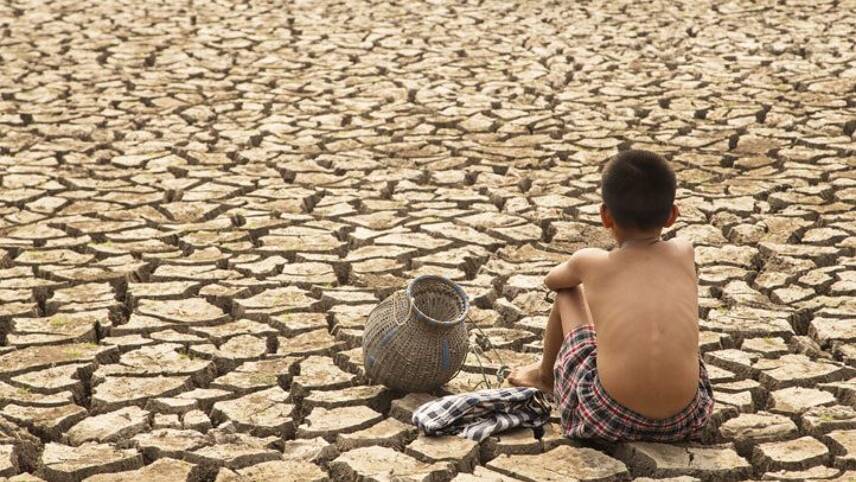Register for free and continue reading
Join our growing army of changemakers and get unlimited access to our premium content

Combining pivotal climate research over the last 18 months, the scientists are using the report to help inform policy implementation at COP28 and beyond.
That is according to a new major joint report from the Intergovernmental Panel on Climate Change (IPCC) and the Intergovernmental Science-Policy Platform on Biodiversity and Ecosystem Services (IBPES). The report is the first on which both of the UN-led bodies have collaborated.
Created as the result of a four-day workshop involving 50 of the world’s leading biodiversity and climate scientists, the report claims that governments have broadly siloed their policy responses to climate change and nature loss.
This approach, the report argues, has, at a top-line level, left the world unprepared to deliver an appropriate response to either of these global issues. The UN’s 2020 emissions gap report concluded that the global temperature increase by 2100 is likely to be more than 3C, while the Paris Agreement requires either a “well below” 2C pathway or 1.5C pathway. On nature, the vast majority of scientists in the field recognise that Earth is on the brink of a sixth mass extinction, and the spending gap needed to properly halt nature loss and restore key habitats is estimated to be $500bn per year.
Policies that have sought to tackle climate change, but, in turn, have driven nature loss, include the promotion of monoculture crops for bioenergy; monoculture tree planting with non-native species; increasing irrigation capacity and investing too heavily in man-made technologies that are not yet mature.
By using nature-based solutions, the report argues, governments can mitigate both rising temperatures and nature loss, while building in future resilience and delivering socio-economic benefits.
The report urges nations not to back nature-based solutions with the sole intention of protecting one iconic location or species. It explains how such an approach does not maximise benefits by any measure, be that in terms of climate mitigation, tackling nature loss, improving resilience, or in terms of economic outcomes. Since 2010, nations have managed to add protections to almost 21 sq km of lands, but less than 8% of these lands are connected, the report reveals.
Additionally, the report warns governments that the emerging international intention to protect 30% of land and water may not go far enough. Up to 50% may be needed in some geographies, it states. Also echoed are concerns that some existing protected status schemes still permit degradation. In the UK, for example, bottom trawling fishing is still permitted at an industrial scale within Marine Protected Areas (MPAs).
While investing in nature-based solutions and encouraging private sector actors to do the same, governments should also eliminate subsidies for activities that harm bioviversity, the report adds. Such activities include deforestation and over-fishing.
The report does caution that nature-based solutions are not the only solution available in the climate mitigation and adaptation space.
“Land and ocean are already doing a lot – absorbing almost 50% of CO2 from human emissions – but nature cannot do everything,” IPBES chair Ana María Hernández Salgar said. “Transformative change in all parts of society and our economy is needed to stabilise our climate, stop biodiversity loss and chart a path to the sustainable future we want.”
Professor Hans-Otto Portner, the co-chair of the 12-person Scientific Steering Committee that produced the report, added: “Solving some of the strong and apparently unavoidable trade-offs between climate and biodiversity will entail a profound collective shift of individual and shared values concerning nature – such as moving away from the conception of economic progress based solely on GDP growth, to one that balances human development with multiple values of nature for a good quality of life, while not overshooting biophysical and social limits.”
The publication of the IPCC-IBPES report comes after the landmark Dasgupta Review into natural capital, commissioned by the UK Government, was published. The review outlines how nature impacts can be accounted for in all economic decisions, ensuring, in theory, that activities from nations and businesses are not driving the climate or nature crisis.
Sarah George


Please login or Register to leave a comment.